Description
Lumigan Eye Drops – Bimatoprost Eye Drops 0.01%, 3ml
Lumigan eye drops are designed to reduce high pressure in the eye. The active ingredient, bimatoprost 0.01%, helps to decrease pressure by increasing the outflow of fluid from the eye. Lumigan eye drops may be used alone or in conjunction with beta-blockers, which also help to reduce pressure. This product is an important tool in managing and treating glaucoma, a condition that can cause serious damage to the optic nerve. Lumigan eye drops can help to slow the progression of glaucoma and preserve vision.
Your eye contains a clear, watery liquid that feeds the inside of the eye. Liquid is constantly being drained out of the eye and new liquid is made to replace this. If the liquid cannot drain out quickly enough, the pressure inside the eye builds up. This medicine works by increasing the amount of liquid that is drained. This reduces the pressure inside the eye. If the high pressure is not reduced, it could lead to a disease called glaucoma and eventually damage your sight.
Lumigan eye drops ( Bimatoprost Eye Drops 0.01%) can be used to treat dogs and cats when prescribed by a vet
What is Glaucoma?
Glaucoma is a common eye condition where the optic nerve, which connects the eye to the brain, becomes damaged.
It’s usually caused by fluid building up in the front part of the eye, which increases pressure inside the eye.
Glaucoma can lead to loss of vision if it’s not diagnosed and treated early.
It can affect people of all ages, but is most common in adults in their 70s and 80s.
Glaucoma does not usually cause any symptoms to begin with.
It tends to develop slowly over many years and affects the edges of your vision (peripheral vision) first.
For this reason, many people do not realise they have glaucoma, and it’s often only picked up during a routine eye test.
If you do notice any symptoms, they might include blurred vision, or seeing rainbow-coloured circles around bright lights.
Both eyes are usually affected, although it may be worse in 1 eye.
Very occasionally, glaucoma can develop suddenly and cause:
- intense eye pain
- nausea and vomiting
- a red eye
- a headache
- tenderness around the eyes
- seeing rings around lights
- blurred vision
Visit an opticians or a GP if you have any concerns about your vision.
If you have glaucoma, early diagnosis and treatment can help stop your vision getting worse.
Without treatment, glaucoma can eventually lead to blindness.
If you develop symptoms of glaucoma suddenly, go to your nearest eye casualty unit or A&E as soon as possible.
This is a medical emergency that may require immediate treatment.
There are several different types of glaucoma.
The most common is called primary open angle glaucoma. This tends to develop slowly over many years.
It’s caused by the drainage channels in the eye becoming gradually clogged over time.
Other types of glaucoma include:
- acute angle closure glaucoma – an uncommon type caused by the drainage in the eye becoming suddenly blocked, which can raise the pressure inside the eye very quickly
- secondary glaucoma – caused by an underlying eye condition, such as inflammation of the eye (uveitis)
- childhood glaucoma (congenital glaucoma) – a rare type that occurs in very young children, caused by an abnormality of the eye
Glaucoma can occur for a number of reasons.
Most cases are caused by a build-up of pressure in the eye when fluid is unable to drain properly.
This increase in pressure then damages the nerve that connects the eye to the brain (optic nerve).
It’s often unclear why this happens, although certain things can increase the risk, including:
- your age – glaucoma becomes more common as you get older
- your ethnicity – people of African, Caribbean or Asian origin are at a higher risk
- your family history – you’re more likely to develop glaucoma if you have a parent or sibling with the condition
- other medical conditions – such as short-sightedness, long-sightedness and diabetes
It’s not clear whether you can do anything to prevent glaucoma, but having regular eye tests should pick it up as early as possible.
The treatment recommended for you will depend on the type of glaucoma you have, but the options are:
- eyedrops – to reduce the pressure in your eyes
- laser treatment – to open up the blocked drainage tubes or reduce the production of fluid in your eyes
- surgery – to improve the drainage of fluid
You’ll also probably need regular appointments to monitor your condition and check the treatment is working.
Further Information on Glaucoma
Lumigan Eye Drops Drops Reviews
After using Lumigan Eye Drops, it’s helpful to let others know about your experience. Reviews of an item help other users know that medicines received have helped the condition it is claimed for, how well the treatment worked or any issues to be aware of. We invite our users to leave a review of both their treatment and of the service provided. Click on the reviews tab to see if there has been feedback on this item.
What is the price of Lumigan Eye Drops?
The price of Lumigan Eye Drops is £15.50
Where can you buy Lumigan Eye Drops?
Lumigan Eye Drops is available to buy with a prescription at Dock Pharmacy Essex UK, UK Online Pharmacy.
Can you buy Lumigan Eye Drops Over the counter?
Lumigan Eye Drops is not available to buy over the counter. You need a prescription to buy Lumigan Eye Drops
Patient information leaflet
How To Use
Always use this medicine exactly as your doctor or pharmacist has told you. Check with your doctor or pharmacist if you are not sure.
LUMIGAN should only be applied to the eye. The recommended dose is one drop of LUMIGAN in the evening, once daily in each eye that needs treatment.
If you use LUMIGAN with another eye medicine, wait at least five minutes between using LUMIGAN and the other eye medicine.
Do not use more than once a day as the effectiveness of treatment may be reduced.
You must not use the bottle if the tamper-proof seal on the bottle neck is broken before you first use it.
1. Wash your hands. Tilt your head back and look at the ceiling.
2. Gently pull down the lower eyelid until there is a small pocket.
3. Turn the bottle upside down and squeeze it to release one drop into each eye that needs treatment.
4. Let go of the lower lid, and close your eye for 30 seconds.
Wipe off any excess that runs down the cheek.
If a drop misses your eye, try again.
To help prevent infections and avoid eye injury, do not let the tip of the bottle touch your eye or anything else. Put the cap back on and close the bottle straight after you have used it.
If you use more LUMIGAN than you should, it is unlikely to cause you any serious harm. Put your next dose in at the usual time. If you are worried, talk to your doctor or pharmacist.
If you forget to use LUMIGAN, use a single drop as soon as you remember, and then go back to your regular routine. Do not take a double dose to make up for a forgotten dose.
LUMIGAN should be used every day to work properly. If you stop using LUMIGAN the pressure inside your eye may go up, therefore talk to your doctor before stopping this treatment.
If you have any further questions on the use of this medicine, ask your doctor or pharmacist.
Delivery Options
Delivery options
All deliveries are subject to the availability of the product and product sale conditions been met.
Order & Collect
Free next-day collection from In-Store
UK Delivery
Standard Delivery within the UK £3.50 Delivery time 3-4 days
First Class Delivery within the UK £5.90 Delivery time 1-2 days
Priority Delivery within the UK £7.10. Next day delivery by 1pm. Order must be placed by 1pm. Priority delivery is only available Monday to Thursday.
Europe Delivery
Standard Delivery within EEC from £12.50 Delivery time up to 5 days depending on the local delivery service within your country.
Expedited Delivery within EEC £39.50 Delivery time 2 days. Delivery by DHL, UPS or TNT.
Rest of the World
Standard Delivery Rest of the World from £16.10 Delivery Time 10 – 15 Days
Expedited Delivery Rest of the World £55.09 Delivery 5 days. Delivery service by DHL, TNT or UPS
For more information see our Shipping Policy or view our Return policy.
Product Details
- if you are allergic to bimatoprost or any of the other ingredients of this medicine (listed in section 6).
- if you have had to stop using eye drops in the past because of a side effect of the preservative benzalkonium chloride.
Talk to your doctor or pharmacist before you use LUMIGAN 0.1 mg/ml
Talk to your doctor, if:
- You have any breathing problems
- You have liver or kidney problems
- You have had a cataract surgery in the past
- You have dry eye
- You have or have had any problems with your cornea (front transparent part of the eye)
- You wear contact lenses (see “LUMIGAN 0.1 mg/ml contains benzalkonium chloride”)
- You have or have had low blood pressure or low heart rate
- You have had a viral infection or inflammation of the eye
LUMIGAN may cause your eyelashes to darken and grow, and cause the skin around the eyelid to darken too. The colour of your iris may also go darker over time. These changes may be permanent. The change may be more noticeable if you are only treating one eye.
LUMIGAN has not been tested in children under the age of 18 and therefore should not be used by patients under 18 years.
Tell your doctor or pharmacist if you are taking, have recently taken, or might take any other medicines.
If you are pregnant or breast feeding, think you might be pregnant or are planning to have a baby, ask your doctor or pharmacist for advice before taking any medicine.
LUMIGAN may get into breast milk so you should not breast-feed while you are taking LUMIGAN.
Your sight may become blurred for a short time just after using LUMIGAN. You should not drive or use machines until your sight is clear again.
This medicine contains 0.6 mg benzalkonium chloride in each 3 ml of solution which is equivalent to 0.2 mg/ml.
Do not use the drops when you are wearing your lenses. A preservative in LUMIGAN, benzalkonium chloride may be absorbed by soft contact lenses and may change the colour of the contact lenses. You should remove contact lenses before using this medicine and wait 15 minutes after using the drops before you put your lenses back in. Benzalkonium chloride may also cause eye irritation, especially if you have dry eyes or disorders of the cornea (the clear layer at the front of the eye). If you feel abnormal eye sensation, stinging or pain in the eye after using this medicine, talk to your doctor.
Keep this medicine out of the sight and reach of children.
Do not use this medicine after the expiry date which is stated on the bottle label and the carton after EXP. The expiry date refers to the last day of that month.
You must throw away the bottle at the latest four weeks after you first opened it, even if there are still some drops left. This will prevent infections. To help you remember, write down the date you opened it in the space on the box.
Do not throw away any medicines via wastewater or household waste. Ask your pharmacist how to throw away medicines you no longer use. These measures will help to protect the environment.
Side Effects
Like all medicines, this medicine can cause side effects, although not everybody gets them.
Very common side effects
These may affect one or more users in 10
Affecting the eye
- Slight redness (up to 29 % of people)
Common side effects
These may affect 1 to 9 users in 100
Affecting the eye
- Small breaks in the surface of the eye, with or without inflammation
- Irritation
- Itchy eyes
- Longer eyelashes
- Irritation, when drop is put in the eye
- Eye pain
Affecting the skin
- Red and itchy eyelids
- Darker skin colour around the eye
- Hair growth around the eye
Uncommon side effects
These may affect 1 to 9 users in 1000
Affecting the eye
- Darker Iris colour
- Tired eye
- Swelling of the surface of the eye
- Blurred vision
- Loss of eye lashes
Affecting the skin
- Dry skin
- Crusting on the edge of the eyelid
- Swelling of the eyelid
- Itching
Affecting the body
- Headache
- Feeling of sickness
Side effects where the frequency is not known
Affecting the eye
- Macular oedema (swelling of the retina at the back of the eye which may lead to worsening vision)
- Darker eyelid colour
- Eyes appear sunken
- Dryness
- Sticky eyes
- A feeling that something is in your eye
- Swelling of the eye
- Increasing tears
- Ocular discomfort
- Sensitivity to light
Affecting the body
- Asthma
- Worsening of asthma
- Worsening of the lung disease called chronic obstructive pulmonary disease (COPD)
- Shortness of breath
- Symptoms of allergic reaction (swelling, redness of the eye and rash of the skin)
- Dizziness
- Increased blood pressure
- Skin discoloration (periocular)
In addition to the side effects for LUMIGAN 0.1 mg/ml, the following side effects have been seen with another medicine containing a higher strength of bimatoprost (0.3 mg/ml):
- Ocular burning
- An allergic reaction in the eye
- Inflamed eyelids
- Difficulty in seeing clearly
- Worsening of vision
- Swelling of the see-through layer that covers the eye
- Tears
- Darker eyelashes
- Retinal bleeding
- Inflammation within the eye
- Cystoid macular oedema (swelling of the retina within the eye leading to worsening vision)
- Eyelid twitching
- Eyelid shrinking, moving away from surface of the eye
- Skin redness around the eye
- Weakness
- An increase in blood-test results that show how your liver is working
Other side effects reported with eye drops containing phosphates
In very rare cases, some patients with severe damage to the clear layer at the front of the eye (the cornea) have developed cloudy patches on the cornea due to calcium build-up during treatment.
If you get any side effects, talk to your doctor or pharmacist. This includes any possible side effects not listed in this leaflet. You can also report side effects directly via:
UK
Yellow Card Scheme
Website: www.mhra.gov.uk/yellowcard
Only logged in customers who have purchased this product may leave a review.
 +44 (0) 1375 846 316
+44 (0) 1375 846 316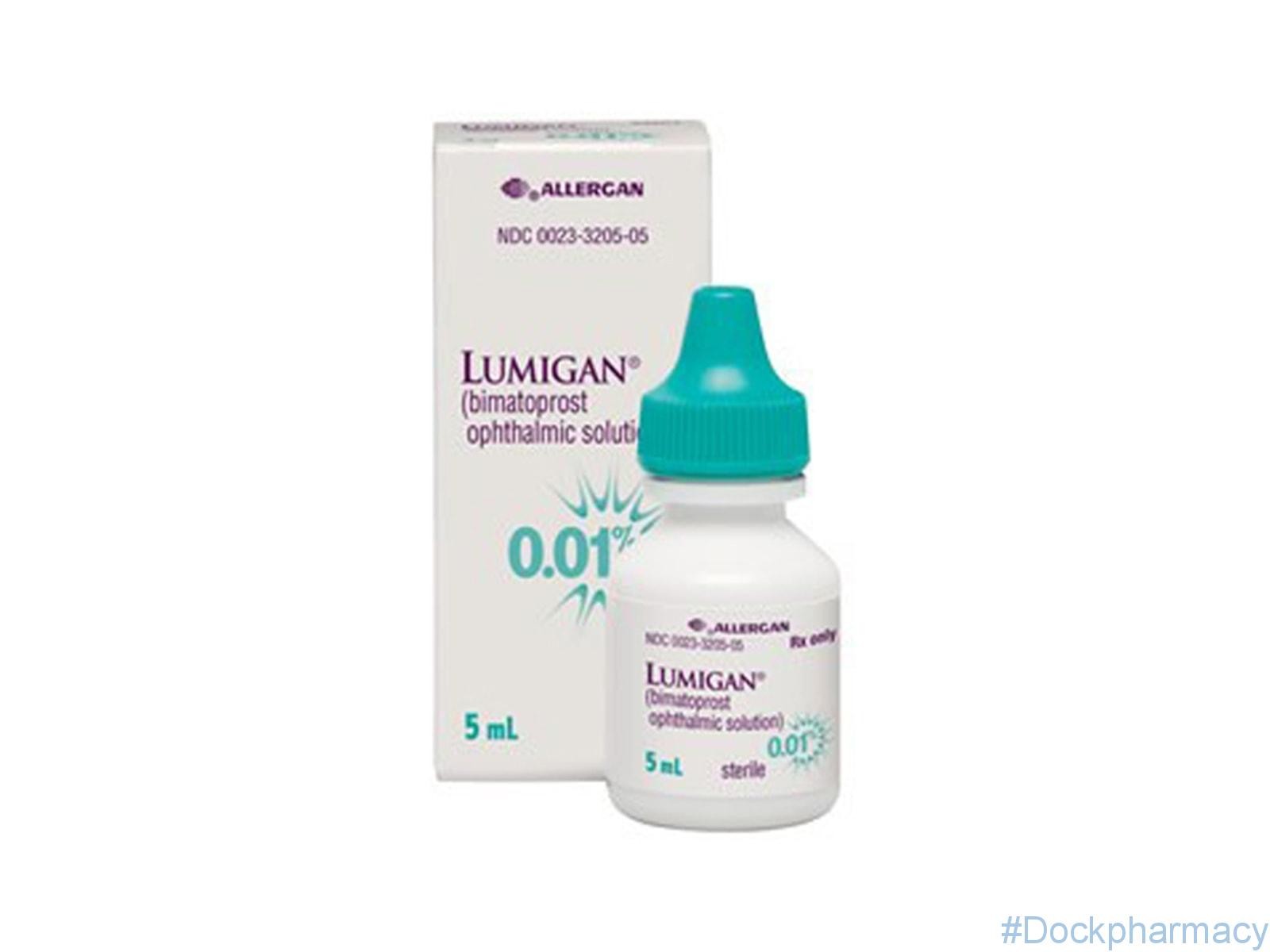
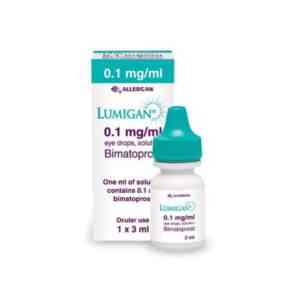
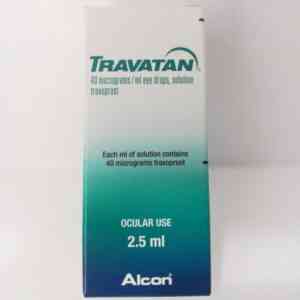
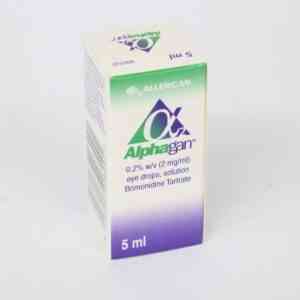

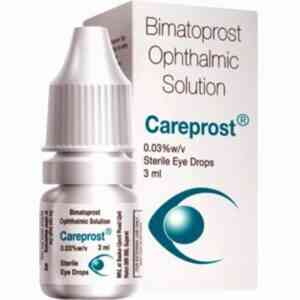


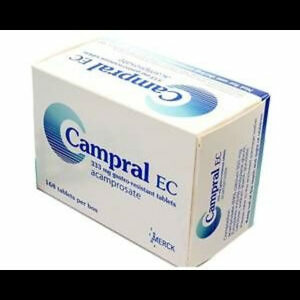
Reviews
There are no reviews yet